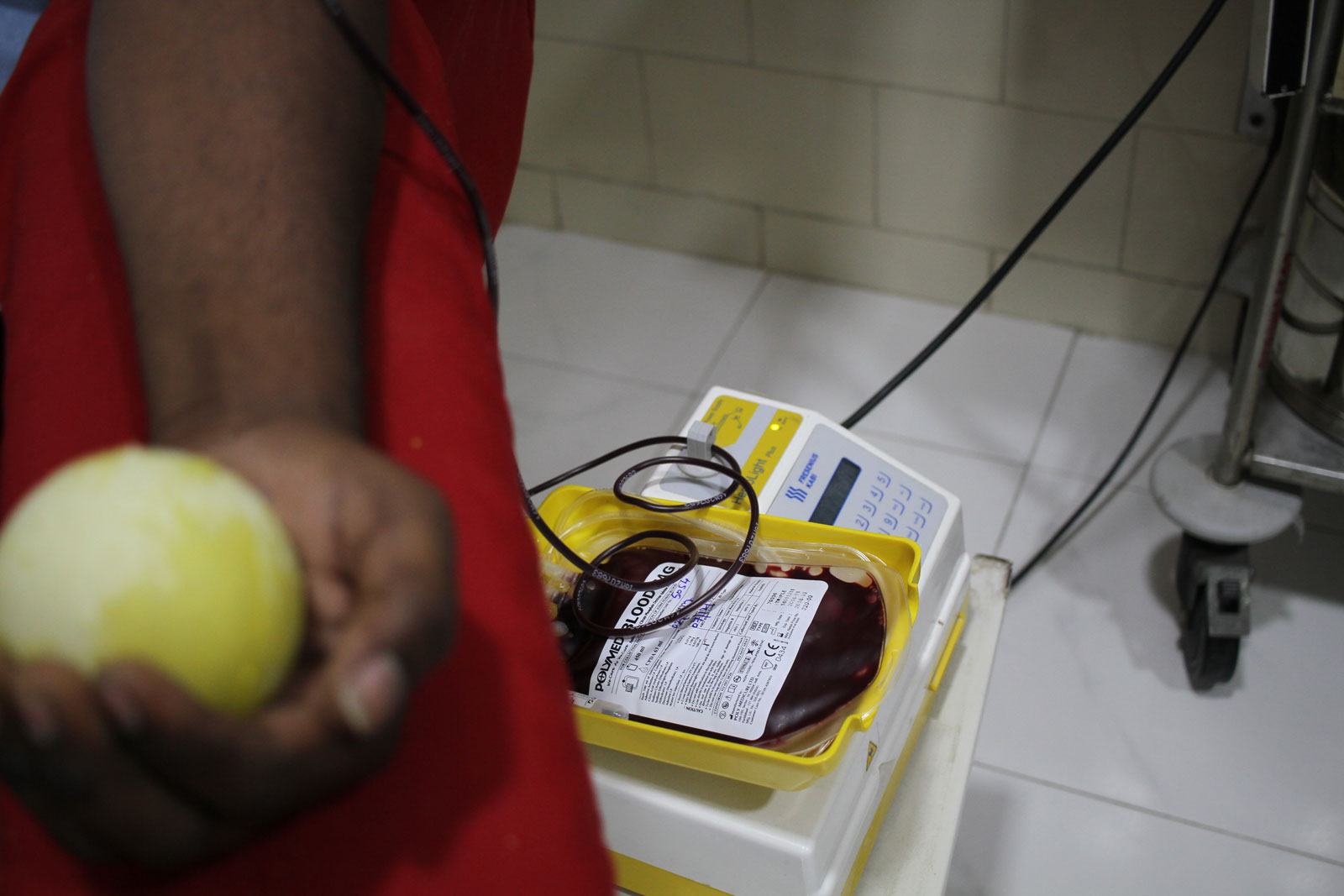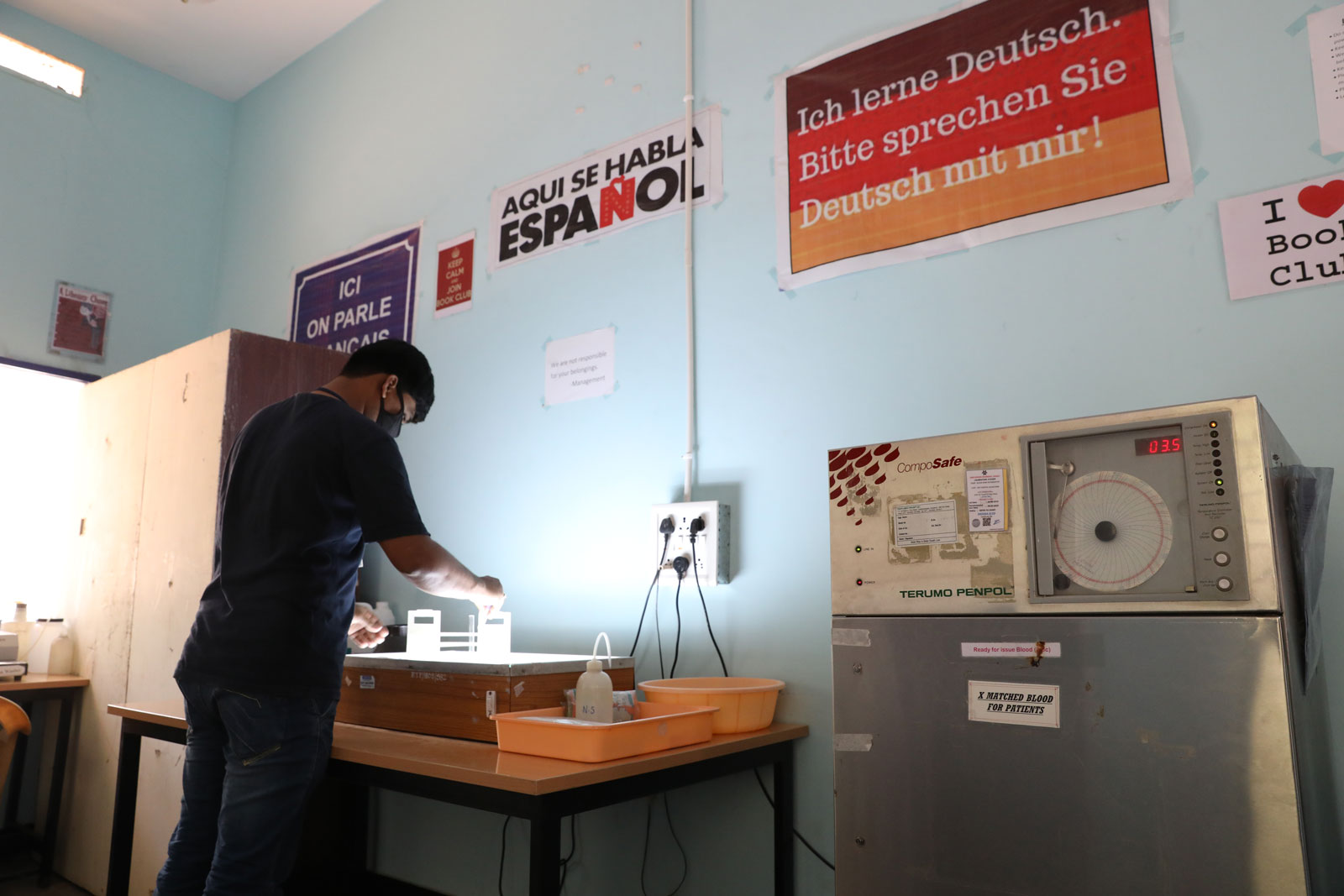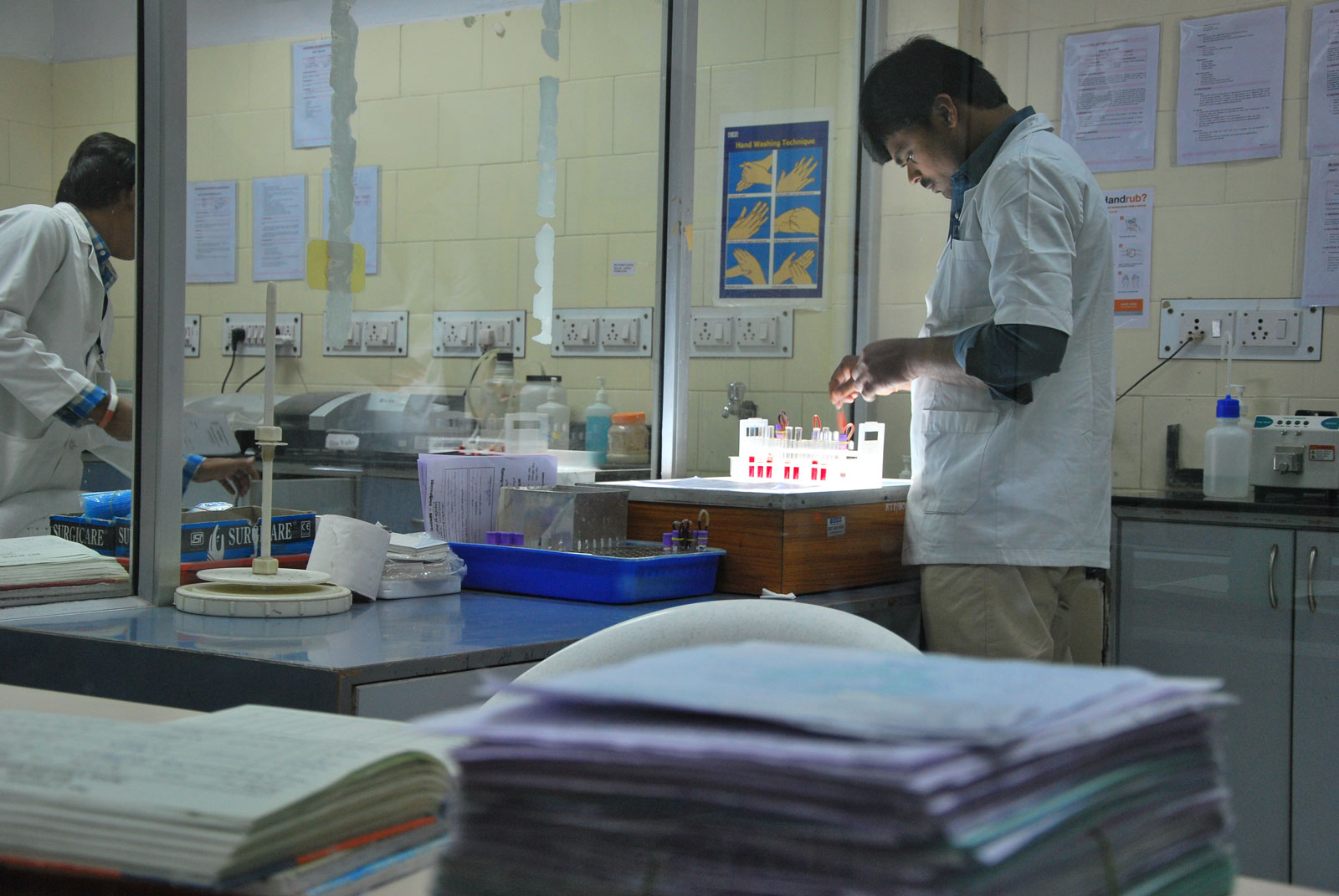Home > Blogs
Battling Thalassemia Under a Lockdown
Over 120 children suffering from thalassemia in Anantapur and neighboring districts are under treatment at the RDT Hospital.
Supriya, 10 years old, does not understand why she needs a blood transfusion once every 15 days, when the rest of her friends don’t need to come to the hospital at all. The reason is thalassemia.
Thalassemia is a hereditary blood disorder that affects the body’s ability to produce hemoglobin and red blood cells. The treatment depends on the severity of the illness. People with mild thalassemia suffer from anemia but may not require any treatment, but more severe forms require regular blood transfusions, like in Supriya’s case.
“Now that Supriya is growing up, she has many questions about her condition. RDT has given me a lot of counselling and information about this sickness but I cannot answer all of my daughter’s questions,” says Nagamani, her mother. She and her husband had never heard of this sickness until their daughter was diagnosed with it.
She works as an agricultural laborer and her husband is a driver. “It is very hard for us to come every fifteen days to the hospital because it means that on that day, we lose our pay,” she explains.
Supriya receiving a blood transfusion at the temporary facility ©Sara Martinez/RDT
According to experts, India is considered the capital of thalassemia with 40 million carriers and more than 100,000 people under treatment, 50% of whom die before the age of 25. It is also estimated that 10,000 babies are born each year with this disease. Besides the various physical and psychological problems associated with the illness, the aspect of a lifelong treatment makes it much more difficult for a person or family with thalassemia or thalassemia-affected children to support themselves.
Today, Supriya and her mother had an appointment with Dr. Bhaskar, a pediatrician, but instead of going to the RDT Hospital in Bathalapalli where she usually gets the transfusion, they are at the RDT 2nd Campus in Anantapur, a temporary facility that has been set up there. What was the RDT Professional School of Foreign Languages is now turned into a new Gynecology and Obstetrics Center during the lockdown. The Center also offers a few services in the pediatrics department, mainly for thalassemic children.
“Before the COVID-19 pandemic, around 8-10 children were treated every day in the RDT Hospital, Bathalapalli. Now, in this new and temporary facility, 5 children are being treated on a daily basis, keeping physical distancing in mind,” explains Dr. Dasarath, head of the Pediatrics Department.
RDT Hospital’s pediatric department applies a holistic approach to the child’s health by not only limiting it to thalassemia and transfusions, but also to other aspects of their health and provides any other medicines or treatment they need. This RDT project to support thalassemic children is run with the support of People’s Tree Hospital in Bangalore and the Sankal Foundation.
“I am very thankful to RDT. Without them we could not have provided her with the required treatment. Even with the lockdown they are taking care of my daughter, and they have helped us to get special permits, so we do not have any problems with the police for coming here,” says Nagamani.
The main blood bank is at the Bathalapalli hospital premises. There, it is processed for separate components and sent to this new center. A temporary blood donation facility has been set-up here to aid blood donations.
“One of the main challenges we are facing right now is the reduction of blood donations. The number of donations always drop during summer as our main blood donors are students and they go away for holidays at that time. However, during this current global pandemic and the subsequent lockdown, the situation has worsened as students had to go back early to their villages. There are no transportation facilities and people are afraid to come,” explains Dr. Bhaskar.
“Take Supriya’s situation, for example. She was diagnosed with thalassemia when she was 3 months old and she has been needing blood transfusions since then. First once a month but since she turned 10, twice a month. So, there is an urgent need of more blood donations,” he adds.
The medical staff at this center are encouraging the relatives of the patients to donate, as they need blood not only for the treatment of 120 thalassemic children but also for the women who are delivering in the Obstetrics department.
The lockdown has posed different challenges for everybody but those in vulnerable situations like children and people with thalassemia and other health problems have a looming uncertainty that threatens their life.
Text: Felita Viegas, adapted by Vicente Ferrer Foundation USA
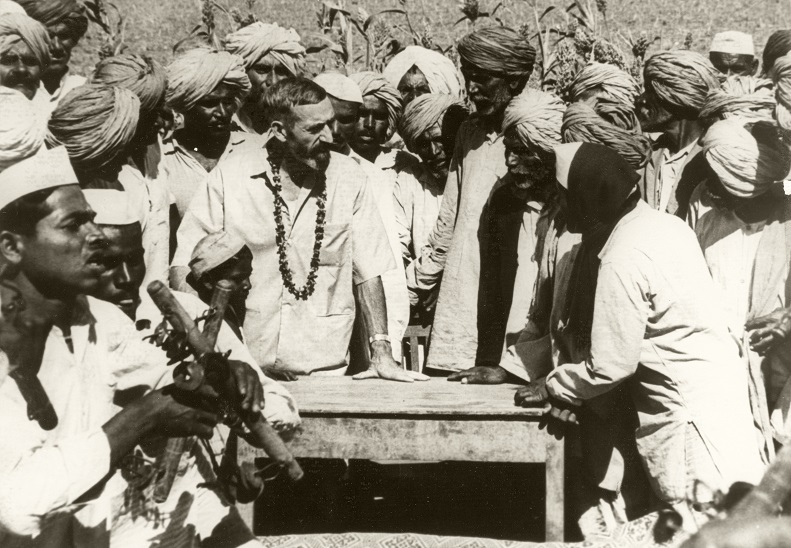
Commemorating 55 Years of the Rural Development Trust (RDT)
01/22/2024Today we commemorate the arrival of Anna Ferrer and Vicente Ferrer to Anantapur and the be...
READ MORE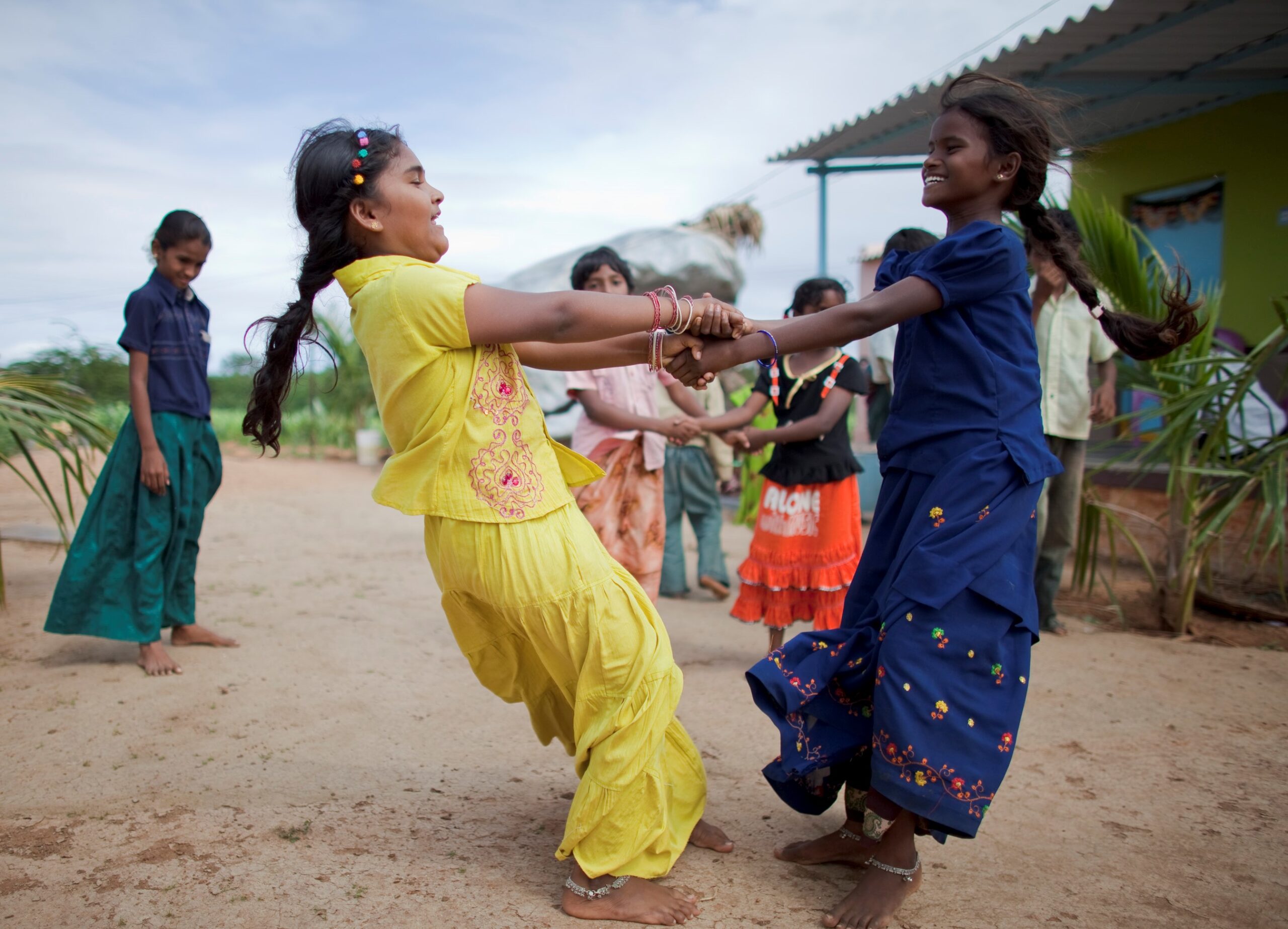
VFF USA & the SDGs: A Bastion of Hope by Suporna Chaudhuri
08/21/2023The United Nations’ Sustainable Development Goals (SDGs) comprise a mosaic of principles...
READ MORE
Empowering Dreams: VFF USA’s Journey at NATA Convention 2023
07/20/2023In the heart of Dallas, the NATA Convention 2023 was a lively gathering of people f...
READ MORESupport our work to help individuals and communities affected by COVID-19
Would you like to know how we use the funds?LEARN MORE
 May 7, 2020
May 7, 2020